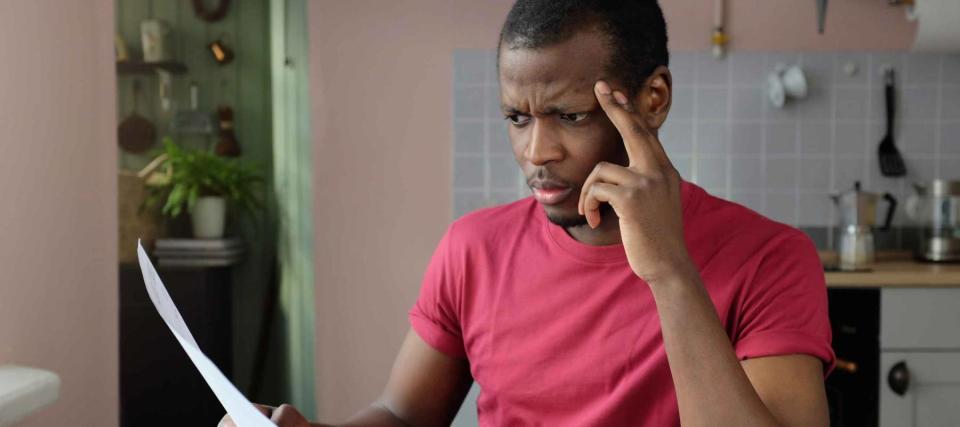5 big questions answered about your student loan debt in 2021

The pandemic has made it tough just to hang on to your job — let alone make a dent in your student loan debt.
It’s why Washington put federal loans on pause in 2020, to give Americans some relief from their more than $1.7 trillion in student debt, according to Federal Reserve data.
Even though repayment is scheduled to start back up again soon, 2021 could bring changes to student loans to help you tackle that debt.
Here are four questions about student loans this year — and some tips on how you can pay down your debt faster even during the current financial crisis.
1. Will some of your student debt get wiped out?

On the campaign trail, Joe Biden said he supported forgiving $10,000 in federal student debt per person. It’s an idea with strong support from a vocal group of the president-elect’s fellow Democrats.
"Student loan debt is holding back a whole generation from buying homes, starting small businesses, and saving for retirement,” Massachusetts Democratic Sen. Elizabeth Warren wrote on Twitter.
Now, following two close U.S. Senate runoff elections in Georgia, it turns out that Biden will govern with his party controlling both houses of Congress — and he plans to push lawmakers to move quickly on canceling $10,000 in student debt per borrower, according to multiple media reports.
But experts warn that loan forgiveness could come with an unexpected tax bomb.
2. Will the pause on repayments continue?

One big change looming in early 2021 is the end of student loan forbearance.
An interest-free payment pause was put into place last March as part of the huge coronavirus rescue package that included the first stimulus checks. The student loans moratorium was extended by President Donald Trump several times — but it’s now scheduled to expire at the end of January.
Or will it? Biden is preparing to unveil a broad plan for giving the economy more anti-COVID medicine — including fresh stimulus checks — and officials say the package will maintain the hold on student loan payments.
“The president-elect will direct the Department of Education to extend the existing pause on student loan payments and interest for millions of Americans with federal student loans," one of Biden’s economic advisers, David Kamin, said at a recent briefing.
It’s not clear how long the extension will last.
3. Will your employer help with your student debt?

The government’s newest pandemic rescue package — signed in late December by President Trump — included a big win for Americans with student loan balances. It’s now easier to get your employer to help pay down your debt.
An employer can make tax-free payments of up to $5,250, on both federal and private student loans.
A small but growing share of companies have been helping their workers with student loan debt. The law encourages that trend by providing tax breaks for both employers and employees. If your boss gives you an assist with your student loans, you'll owe no income tax on the money.
There’s more: A new bill now under consideration in Congress, the Secure Act 2.0, would let employees pay down student debt instead of contributing to a 401(k) plan, and still receive an employer match in their retirement plan.
4. Can I cancel my student loans in bankruptcy?

Typically, federal student loans can’t be wiped away in bankruptcy — though it’s not impossible.
But with the winds of change blowing in Washington, could that be modified?
As president, Biden may support legislation to cancel student loans in bankruptcy, similar to how other types of consumer debt can be cleared away. The idea could gain momentum, especially as an alternative to broad student loan cancellation.
Bankruptcy is just one debt relief measure — make sure you research all the options available to you before making a decision.
Here’s how to deal with your student debt now

If it feels as though your entire future is being dragged down by your student debt, help from Washington will go only so far. You’ve got to take action on your own, too.
If your student loans are from a private lender, you may be able to cut down your monthly payment by refinancing your loan to a lower interest rate. Rates have dropped to all-time lows during COVID.
Whether you qualify for refinancing will largely depend on your credit score and your current income.
If you’re not certain where your credit score stands, use a website that will allow you to check it for free online and give you personalized tips on how to boost it, if it’s not in great shape.
Even if you’ve lost your job due to the pandemic, you might still be eligible for a student loan refi if you can demonstrate investment income or income from a side gig — or if you can find a co-signer to back your application.
